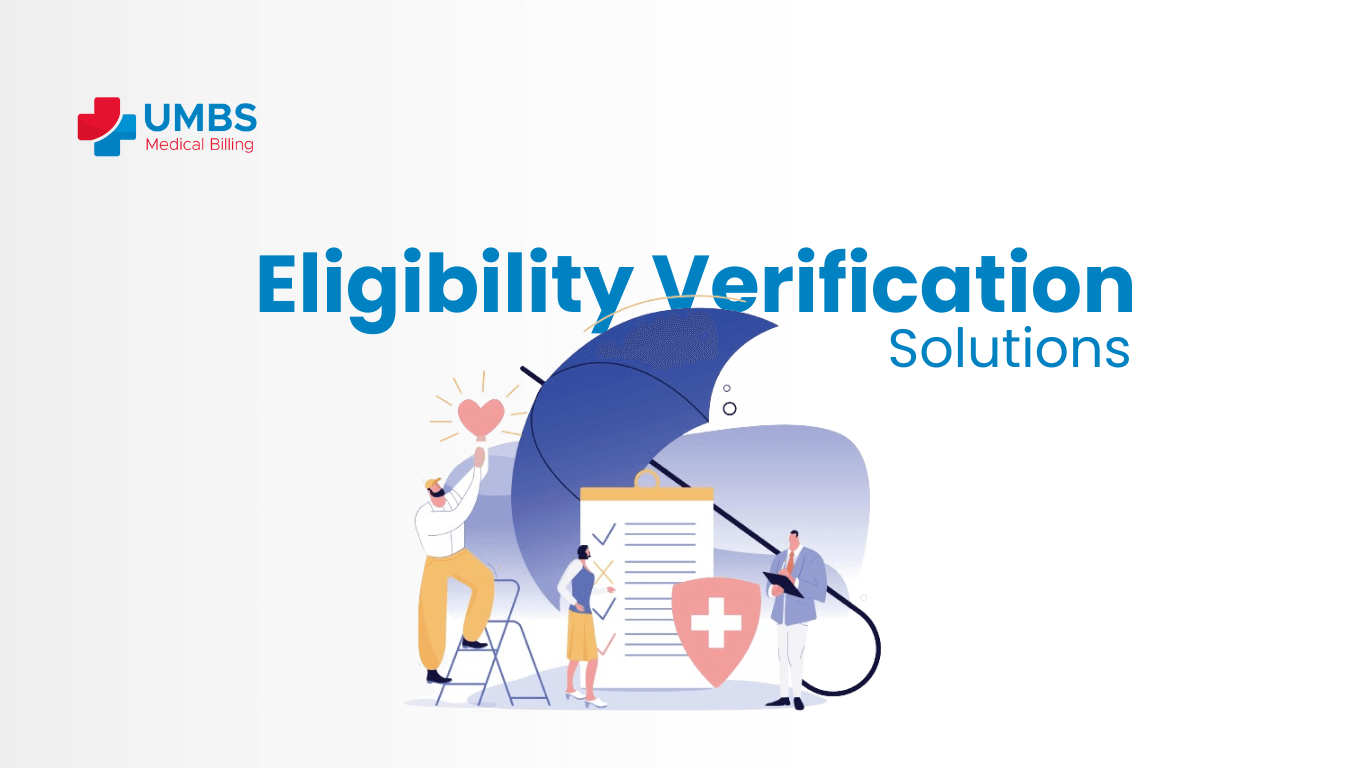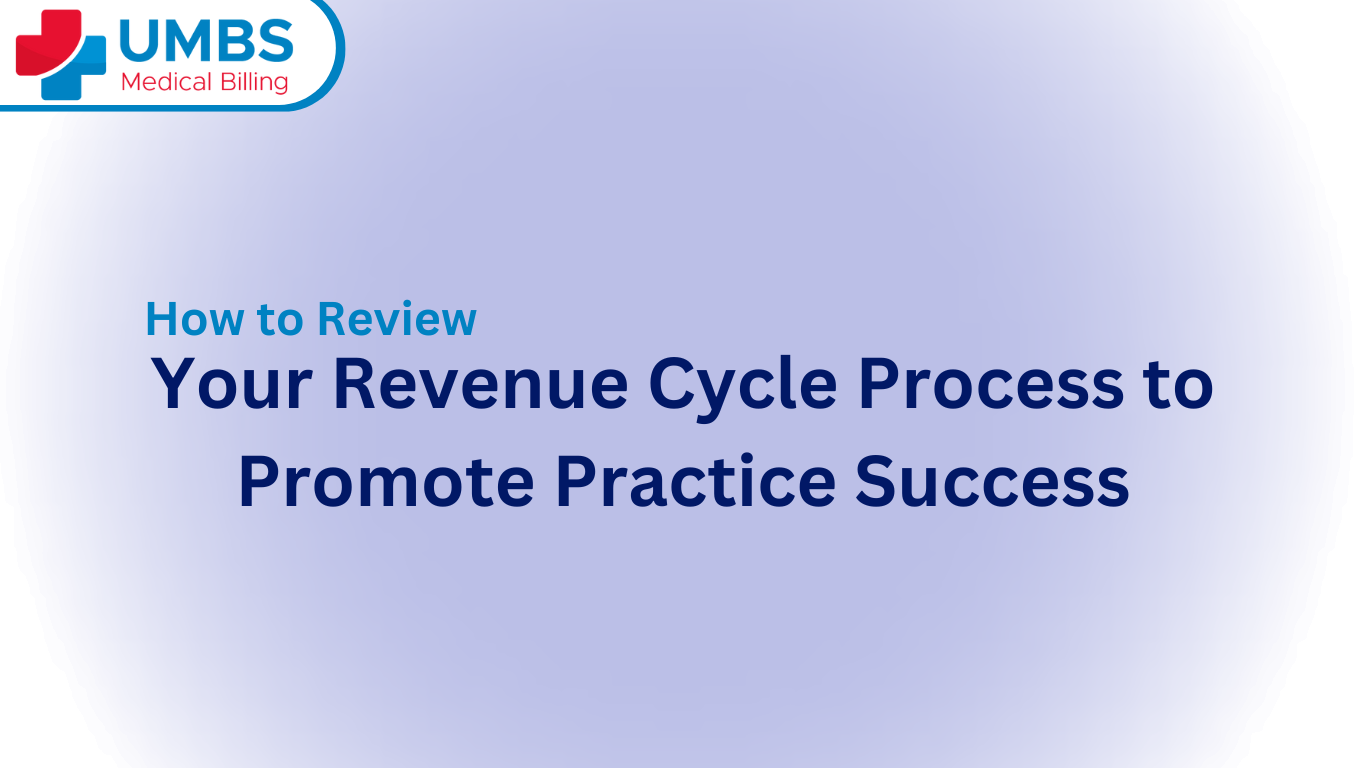In the realm of modern healthcare, the journey towards optimal patient care and financial harmony begins with transparency – particularly in the realm of patient coverage. The process of eligibility verification isn’t just an administrative step; it’s a pivotal component that fosters clear communication, empowers informed decision-making, and solidifies the trust between healthcare providers and patients.
Let’s delve into the crucial role of eligibility verification in promoting transparency and its impact on the financial landscape of healthcare.
Also Read: Redefining Healthcare Financial Management for Small Practices
A Prelude to Informed Care
Eligibility verification involves the thorough validation of a patient’s insurance coverage and benefits before services are rendered. This process unveils a wealth of critical information, including coverage limitations, co-pays, deductibles, and any out-of-pocket expenses that patients might incur. By proactively sharing this information, healthcare providers empower patients to make decisions based on a comprehensive understanding of the financial aspects of their care.
Empowering Conversations
Transparent eligibility verification sets the stage for open conversations between healthcare providers and patients. Patients appreciate the ability to navigate their coverage options, ask informed questions, and align their healthcare decisions with their financial capacities. This level of transparency strengthens patient-provider relationships and eliminates the element of surprise when it comes to post-treatment costs.
Impact on Financial Interactions
When patients are equipped with accurate coverage information, it streamlines the financial interactions that follow. Billing disputes and misunderstandings are minimized, as patients are aware of their financial responsibilities from the outset. This not only enhances patient satisfaction but also contributes to efficient claims processing and minimized administrative back-and-forths.
The Trust Factor
Transparency in eligibility verification speaks to the ethical commitment of healthcare providers. It showcases a dedication to patient-centric care that extends beyond medical procedures. By proactively addressing financial aspects, healthcare providers earn the trust of their patients, reinforcing the notion that their well-being is at the heart of every decision.
Efficiency and Financial Health
Transparent eligibility verification isn’t just a practice in ethics; it’s a strategy for financial efficiency. By preventing surprises and clarifying coverage nuances, providers minimize instances of unpaid or delayed bills. This, in turn, contributes to optimized revenue cycles, enhanced cash flow, and the overall financial health of the practice.
A Foundation for Long-Term Relationships
The role of eligibility verification in promoting transparency goes beyond individual transactions. It lays the foundation for long-term patient relationships. Patients who experience clear and transparent financial interactions are more likely to return for future care and refer others to your practice.
Conclusion
In conclusion, eligibility verification transcends the realm of administrative tasks; it’s a gateway to transparency that bridges the gap between medical care and financial responsibilities. Transparent communication empowers patients, fosters trust, and leads to more harmonious financial interactions. By embracing eligibility verification as a tool for transparency, healthcare providers not only enhance patient experiences but also set the stage for optimized financial outcomes and long-lasting patient relationships.
Also Read: The Impact of Telemedicine on Revenue Cycle Management






